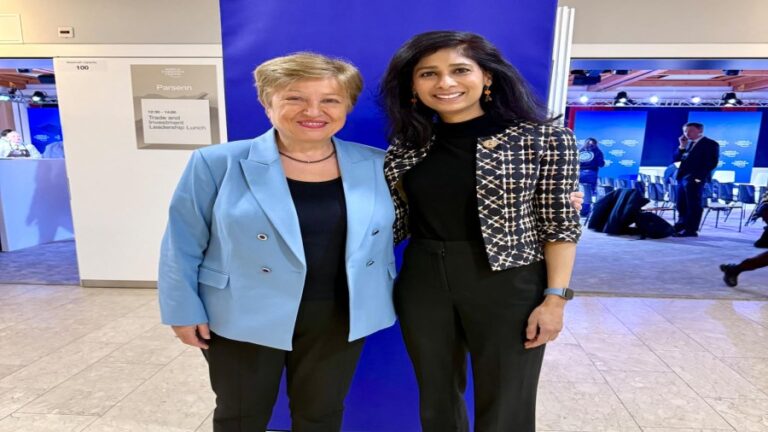
“Visibility is not the goal. Safety is.”
— Queer Muslim Project, South Asia-based queer collective
Identity Under Pressure
For millions of queer people around the world, the closet isn’t just a metaphor, it’s a survival strategy. To be visibly queer in certain societies is to be criminalized by the state, exiled by family, policed by neighbors, and constantly surveilled, not just by security cameras, but by cultural shame, digital tracking, and whispered judgment. Even in countries without anti-LGBTQ+ laws, queer lives are quietly suffocated by stigma, forced invisibility, and the relentless pressure to conform.
This is what it means to be queer, alone, and under watch. ‘This’ means checking your tone, your clothes, your gaze. It means hiding love like it’s contraband. It means navigating a world where your very existence is political, and your joy, an act of defiance.
Cultural Taboos and Legal Barriers
Across regions such as the Middle East, Africa, South Asia, and Eastern Europe, laws and customs often reflect deep-rooted opposition to non-heteronormative identities. In some countries, same-sex relationships are criminal offences punishable by jail, or worse. Even where legal protections exist on paper, enforcement is weak, and public attitudes remain hostile.
In such environments, coming out is rarely an option. Many queer people are forced to live double lives, hiding their identities from family, employers, and society at large. Cultural taboos make conversations around gender, sexuality, and love nearly impossible. For trans and non-binary people, the risk is even higher, as gender non-conformity is often visible and harder to hide.
Survival Tactics: Code-Switching and Caution
To survive, queer individuals often learn how to navigate public and private spaces carefully. They may use coded language online, find trusted allies in closed groups, or move to larger cities where anonymity offers a slight buffer. However, even in urban areas, safety is never guaranteed.
The internet has become both a tool and a trap. While it offers access to queer communities, information, and solidarity, digital surveillance and online harassment remain constant threats. Many users rely on secure platforms, VPNs, and aliases to protect themselves while seeking connection.
Family, Faith, and Forced Choices Within the Queer Community
Conservative societies often place a high value on family honour and religious conformity. These pressures push many queer individuals toward forced marriages, conversion therapy, or exile. In some cases, families act as both jailers and judges—limiting mobility, education, or access to resources.
At the same time, some individuals are finding ways to reclaim or reinterpret faith traditions that have long excluded them. A small but growing number of queer religious leaders, activists, and scholars are creating space for inclusive spiritual practice, even if doing so puts them at odds with mainstream doctrines.
Pockets of Resistance and Hope

Despite the challenges, resistance continues in small but powerful ways. Underground art, film, literature, and theatre often become outlets for self-expression. Activist groups, though often operating under the radar, provide legal aid, mental health support, and advocacy.
International visibility and solidarity have also played a role. Global campaigns have pushed for legal reforms, exposed human rights violations, and offered safe spaces for asylum seekers. But real change remains slow and uneven.
Living, Not Just Surviving
Queer lives in conservative societies are shaped by fear, resilience, and silent forms of resistance. While the risks are real, so is the strength it takes to exist authentically in hostile environments. Progress may be slow, but each act of visibility, connection, and care contributes to a future where queerness does not need to be hidden to be safe.
For more such features, stay tuned at The World Times.



